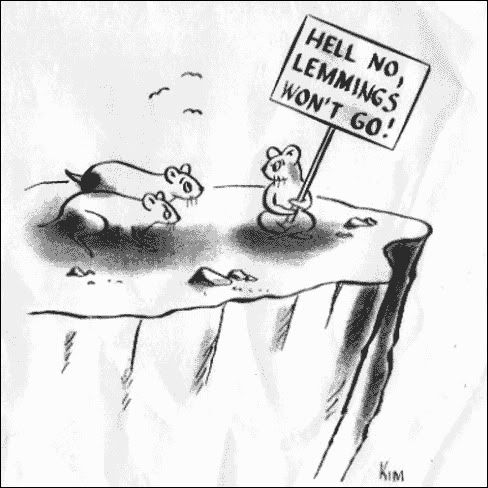Recently Gallup did a study that indicates Singaporeans are among the most, if not the most, emotionless or inexpressive people in the world. The reactions from some people were predictable.
Immediately there were people who contended that the survey questions are subjective, which only seems like a puerile stock response. How much interpretation is needed for questions like "Did you smile or laugh a lot yesterday?" Do Singaporeans understand words like "smile or laugh" differently? Besides, although people's perceptions of happiness or other feelings are indeed subjective, subjectivity is not the issue here—whatever people might think emotions like happiness mean, the study simply wants to know if they feel them or not.
A critique of the methodology needs to be better than that. And because the results are empirical, you can't disagree with them (the plural of your anecdote is not data, by the way). You could disagree with the interpretation of the results, but there too the critics have mostly failed to impress. This brings us to another irony in the indignant responses that seek to paint Singaporean culture as different and therefore not assessable from "subjective" 'Western' perspectives.
This group of responders seems to be asserting themselves as the voice of objectivity and of calm unemotional logic. Yet they fail to see their own hilariously inaccurate assumptions and the contradictions in their position. This is true in at least two respects:
1. "Asian Values" are a stereotypical fantasy
There are clearly some cultural differences between, say, the USA and Singapore. But simply citing "Asian values" is far from giving a good description of these differences. For one, it is widely recognised that Singaporeans are very materialistic and often egotistical in their pursuit of wealth. How does that jibe with the supposedly communal-spirited Asian Values that are now used to explain why Singaporeans are less emotionally expressive as individuals?
Popular conceptions of Asian Values are incoherent and not matched by the reality in our society. This calls into question the whole concept of a monolithic set of Asian Values itself.
2. Your government wants to retain talent, not drive them out
Many of those arguing against the study seem to be people who are patriotic and fiercely protective of Singapore's image. These are often the same people who, going by what they say, like to insist that Singapore does it better than most other places. And because of that, they tend to agree that the ruling party has done the right thing and therefore that we should all be more grateful to the government and the country instead of being critical. Don't like it? Then pack your bags and leave.
Well, that demand—that people who complain, both foreigners and citizens, should leave the country—is not one that the ruling party is making. In fact, evidence points to the contrary: They want to attract and retain talent to keep Singapore economically competitive. So for all your insistence that the government and the country are on the right track on the important things, you seem to be advocating doing something different here. What gives?
It might seem that the study implies we're a race of robotic worker bees that are emotionless or at least inexpressive. But it turns out that we're robots without a good sense of logic either. So that begs the question: What are we really good at?


